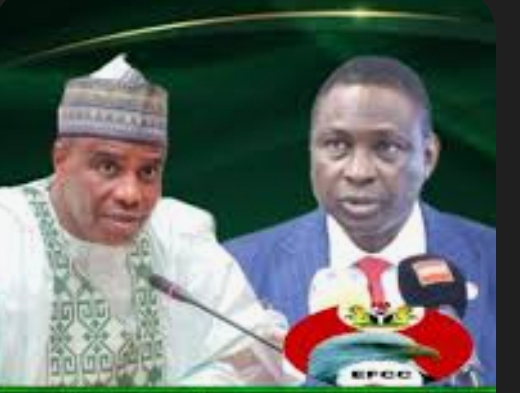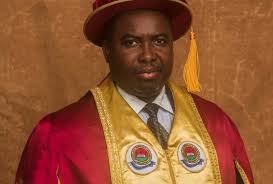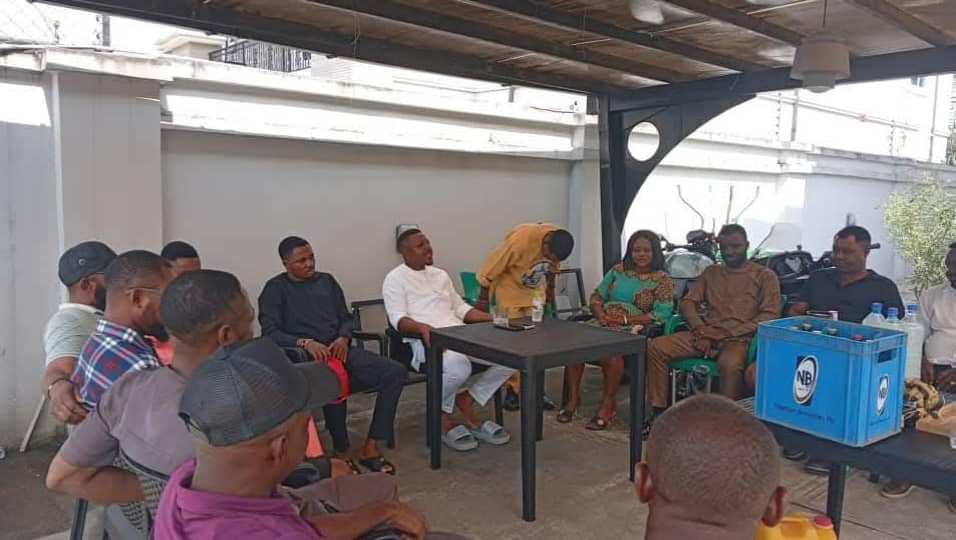The Economic and Financial Crimes Commission (EFCC) has again invited former Sokoto State Governor and current senator, Aminu Waziri Tambuwal, for questioning over a series of cash withdrawals totaling N189 billion allegedly made during his tenure.
Sources within the anti-graft agency confirmed that Tambuwal reported to the EFCC headquarters in Abuja around 11:30 am on Monday and was subsequently detained for further interrogation.
The probe, which has been ongoing for several months, centers on what investigators describe as “total cash withdrawals” in clear violation of the Money Laundering (Prohibition) Act.
According to insiders, the former governor is expected to remain in EFCC custody until investigations are concluded.
Tambuwal, a prominent member of the opposition Peoples Democratic Party (PDP) and a 2023 presidential hopeful, could face charges if found culpable.
However, the move has sparked fresh controversy, with the African Democratic Congress (ADC) accusing the EFCC of partisan bias and targeting opposition politicians.
In a strongly worded statement, ADC’s National Publicity Secretary, Mallam Bolaji Abdullahi, decried what he called a pattern of selective justice and politically motivated investigations.
“EFCC is beginning to look more like a political hit squad than a law enforcement body,” Abdullahi said.
“The Commission appears to focus its energies on opposition figures, often digging up old files, while similar cases involving ruling party members are quietly swept under the carpet.”
He warned that the anti-graft agency’s credibility was at risk, noting that the public perception of the EFCC as a tool for settling political scores was dangerous for Nigeria’s democracy.
“We’ve seen investigations disappear the moment a politician defects to the ruling APC,” Abdullahi added.
“Meanwhile, opposition leaders are being dragged over stale allegations, some dating back several years, suddenly repackaged as fresh cases.”
The ADC called on civil society organisations, the media, and ordinary Nigerians to resist the growing politicisation of state institutions, stressing that the EFCC is a public body funded by taxpayers, not a department of the ruling party.
“This dangerous trend must be reversed. Justice must be blind to party colours,” Abdullahi concluded.
As the EFCC continues its high-profile investigations, public scrutiny over its methods and motives is intensifying, raising broader questions about the integrity of Nigeria’s anti-corruption fight and the independence of its key institutions.





